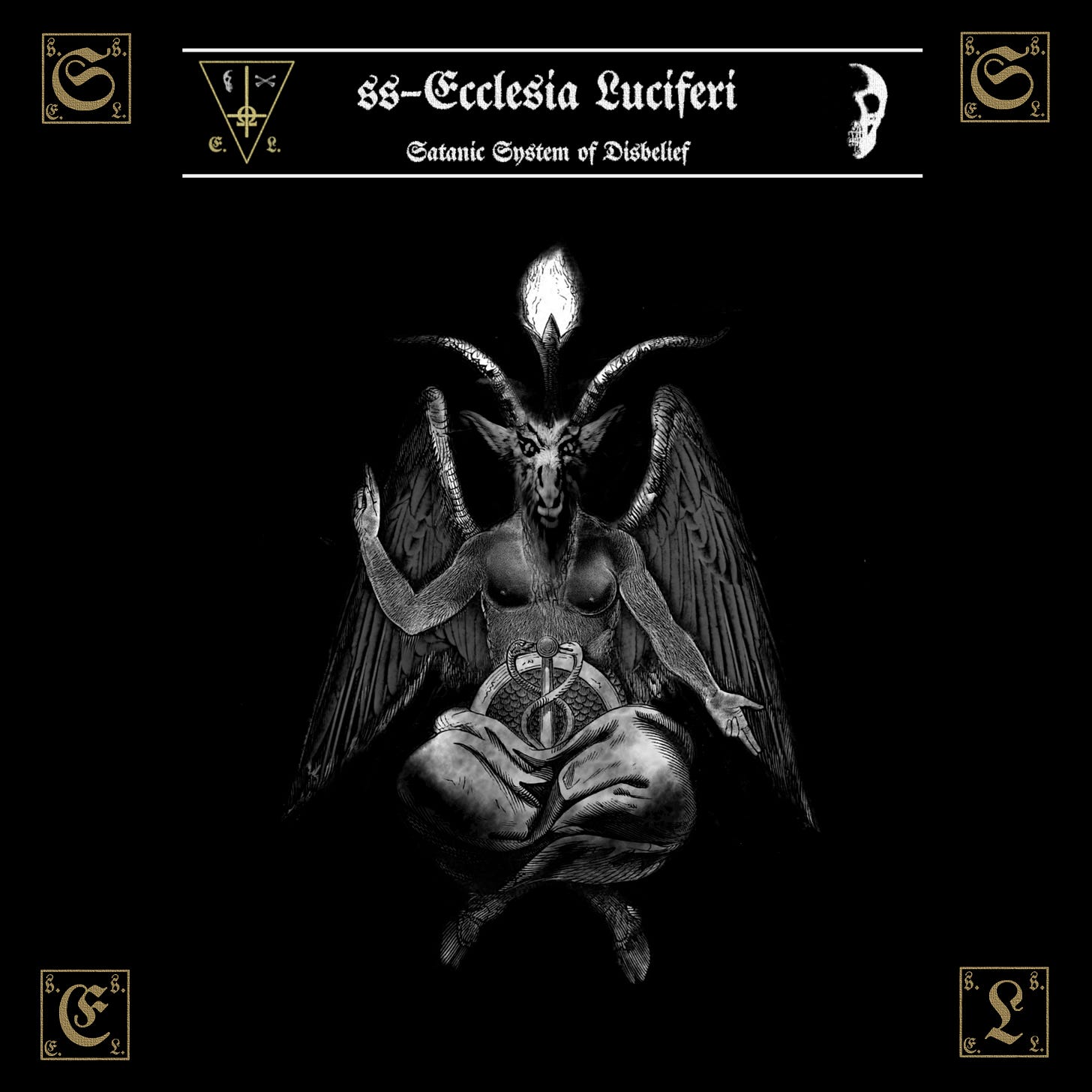Spirituality of Flesh and Blood.
Free will
Human existence and life is only possible within and in accordance with the existing and binding laws of nature. Life beyond the laws of nature is not known. The life we know is limited by the existing laws of nature. Free and independent of the laws of nature forms of life are unknown to us. Human life free and independent of the laws of nature does not exist.
The human brain as a complex physical body functions within the physical laws, not outside them.
The American philosopher Alex Rosenberg writes on this subject as follows: "If the brain is nothing more than a complex physical body, whose states are as governed by physical laws as those of any other body, then what happens in our heads is as fixed and determined by prior events as what happens when one domino falls over another in a long chain of them."
Consciousness from a biological point of view can be seen as a type of neural activity in the physical brain in response to external factors, to the perception of reality (neural responses to environmental conditions), the perception of surrounding objects and events.
It is believed that knowledge and so-called free will are components of consciousness.
According to the idea of biological determinism, all behaviour, beliefs and desires are written into our genetic code and biochemical constitution, the latter of which is determined by both genes and environment.
Carl Ginet in the 1960s put the idea of determinism this way: "...we have no control over the past events that determined our present state, nor over the laws of nature themselves. Since we had no control over these things, we also have no control over their consequences. And since our present choices and actions are necessary consequences of the past and of the laws of nature, we also have no control over them and, as a result, there can be no free will."
Thus, if one accepts that future events are a necessary consequence of earlier phenomena juxtaposed with the laws of nature, then the existence of so-called free will becomes questionable.
The idea of the absence of free will may seem difficult to accept or even, as philosopher Saul Smilansky put it, "Losing faith in free will and moral responsibility would probably be catastrophic" - , and encouraging people to do so is "dangerous and even irresponsible".
For example, in his book What's Expected of Us, author Ted Chiang tells a story in which the narrator describes a new technology that convinces users that their choices are predetermined, a discovery that strips them of the will to live.
"It's important to act as if your decisions matter," the narrator warns, "even if you know they don't."
However, if the claims of determinism are true, then they should be acknowledged.
The idea of a lack of free will, however, does not absolve the individual from responsibility for his or her mistakes. Nature does not forgive mistakes.
Satanism knows no emotion of pity. It is indifference.
Morally indifferent knowledge is not responsible for the consequences of its acceptance.
Dangerous and universally unacceptable knowledge is a property of true Satanism, a truth that can take away false hope and destroy illusions. Satanism is not for everyone. Satanism along the lines of natural selection excludes the mentally unfit.
To sum up, from a scientific point of view, what we call free will (and what in fact free will is not), and what is a component of what we call consciousness, is determined by the above definitions and is inherited in the genes.
Another component of consciousness is knowledge. Based on recent scientific research, it appears that knowledge, in its biological sense, can also be inherited.
A theory called the Weismann Barrier (developed at the end of the 19th century by the German biologist and geneticist August Weismann) states that the traits we inherit are found in the cells of the body and the soma. It also states that it is not possible to pass them on to future generations. Weismann states that it is a barrier that differentiates somatic cells and reproductive cells.
Recently, however, research at Tel Aviv University has challenged this one of the hitherto basic principles of biology.
A team led by Oded Rechavi of the neuroscience department of the George S. Wise Faculty of Natural Sciences, together with the Sagol School of Neuroscience, has discovered a specific mechanism in human RNA that enables the inheritance of knowledge.
This is done precisely by transferring neural responses to environmental conditions to subsequent generations. Thus, a learned response will influence the behaviour of descendants, for example.
This discovery states that cells in the nervous system and germline can communicate with each other. This allows the information acquired to be passed on to the next generation. And this includes the inheritance of knowledge by subsequent generations.
The above research and theories prove that what we call consciousness in the biological sense can be inherited.
The above illustration shows an old Slavic religious symbol -Kolovrat. The kolovrat represents the endless cycle of birth and deaths, time, the sun and fire, strength and dignity. Each turn of the wheel is a cycle of life in our world.
Soulless Reincarnation
In the real world there is a purely materialistic and biological, and in accordance with and never beyond the laws of nature, process of a kind of soulless reincarnation (without the unnecessary and speculative notion of an immortal soul). This process is inheritance.
In animals such as man, for example, inheritance involves the fusion of two gametes - a male and a female - at the moment of fertilisation. Each gamete contains chromosomes, which carry genetic information. What a human being will be like is written in the DNA and this is passed on to him through the process of inheritance. And as I have shown above, man inherits not only physical characteristics, but also biological consciousness, level of intelligence, personality traits, and can also inherit mental illnesses. Thus, it can be assumed that the consciousness of previous entities is passed on in the genes to man.
Ecclesia Luciferi preaches the doctrine of a kind of godless reincarnation, or rather a soulless, materialistic transmission. It is both an anti-religious and materialistic view of biological reincarnation, according to which each entity passes on its previous life to the next entity physically born from it. Each new entity is born perfectly godless and sinfully, naturally imperfect to live in a world completely indifferent to it. The natural godlessness attributed to Luciferian rebellion is passed on to the next generation in the genes (man cannot reject this gift by means of free will), in an eternal cycle of birth and death. Life is eternal in this cycle as long as it is passed on, until the eternal cycle is broken, at which point eternal death occurs.
In contrast, on a more spiritual level, the concept of godless reincarnation according to the Ecclesia Luciferi is the teaching of eternal rebirth in what Buddhists call saṃsāra, which is 'a suffering-filled, continuous cycle of life, death and rebirth, without beginning or end'. And although the immortal soul does not exist, there is a kind of 'transfer' of the godless or sinful and soulless consciousness in the process of inheritance. In this way, a kind of immortality is possible until the eternal cycle is broken. Then eternal death occurs.
In my book The Satanic Kerygma, I write on this subject as follows:
881. The Satanist, who identifies with the eternal cycle of death and rebirth of the sinful nature, sees death as a transition to its eternity.
882. Death ends the opportunity for abundant life and the chance to consciously accept or reject the ungodly gifts of the fallen nature.
883. Every human being receives immediately after death the gift of eternity in nothingness or the gift of the eternity of the cycle of the mortal nature, an ungodly life handed down for inheritance to the next generation, an ungodly reincarnation whose final end will take place with the end of the cycle of life itself.
884. Those who die are forever like God because they cease to exist.
885. To accept life in the eternal cycle of the sinful nature means to accept the Luciferian order of things.
886. Satanists live abundantly because they have grasped what the Luciferian order of the eternal universe really is, they find their true identity in it.
887. To live is to embrace Lucifer's sin; where there is sin, there is life abundant and the kingdom of godlessness .
888. Lucifer has shown us sinful freedom through his rebellion.
889. The life of the ungodly consists in the full possession of the fruits of flesh and blood by Satanic self-consciousness, which includes in its ungodly glory those who have discovered it and identified themselves with its will.
890. Earthly pleasures are available to those perfectly united with the Luciferian consciousness of the natural world.
891. The ecstasy of the instincts in those perfectly united with the Luciferian order of nature sometimes exceeds the possibilities of conscious understanding and imagination. This must be experienced.
Hail Lucifer.
LCFNS Lucifer Nostra Salus







